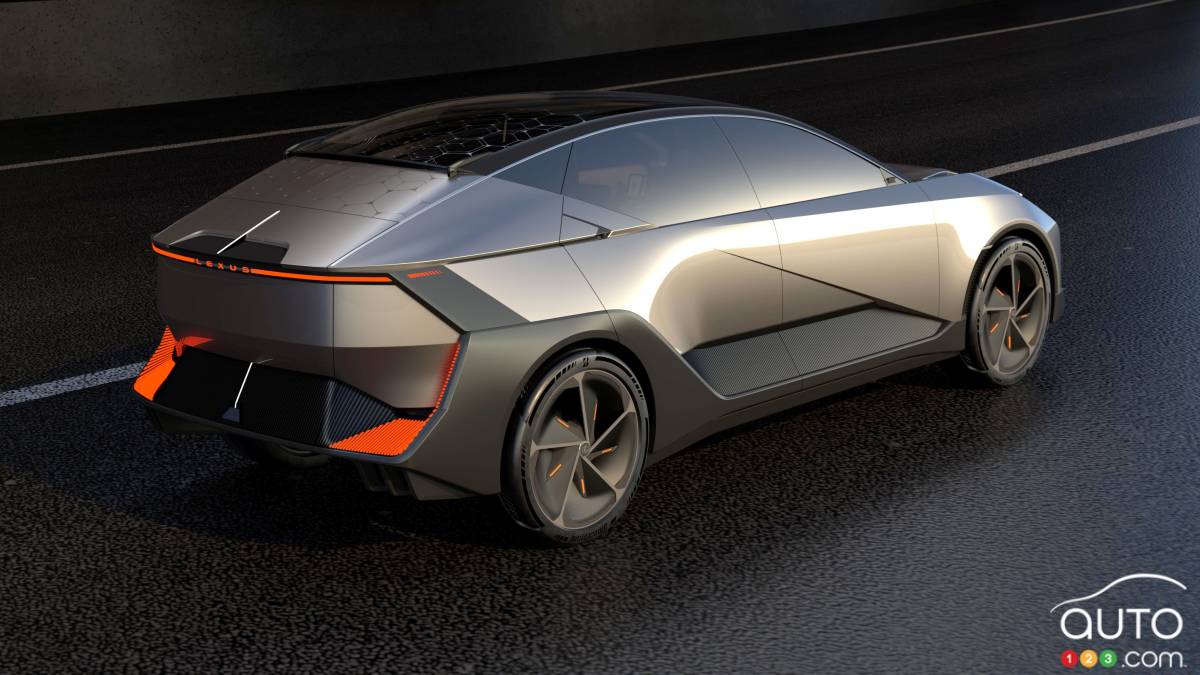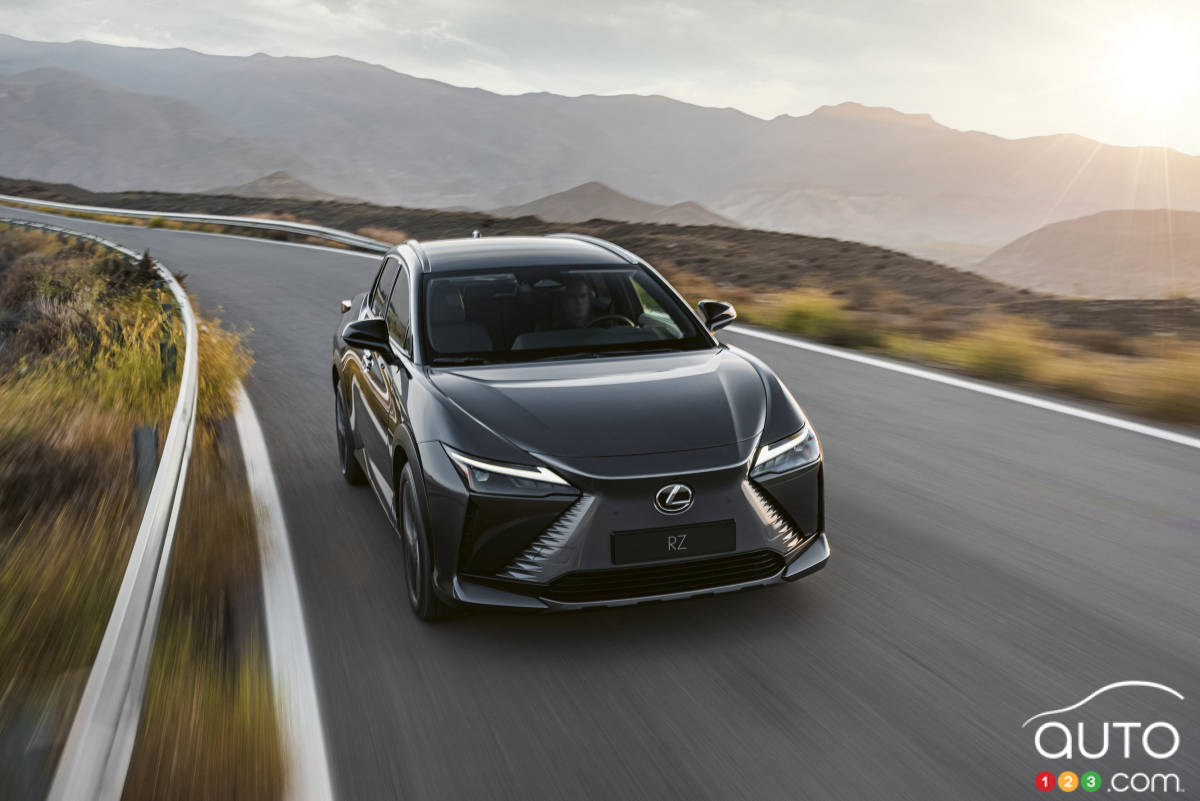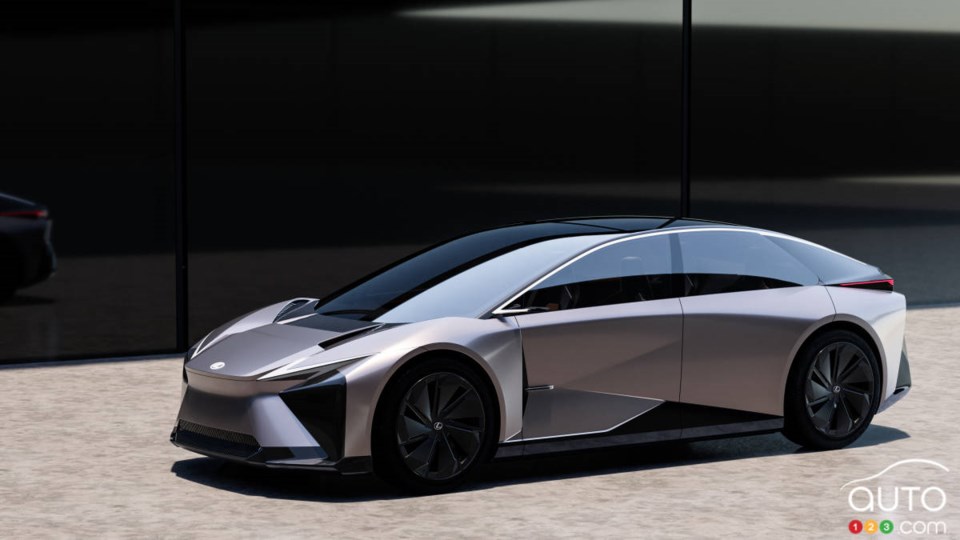Lexus has always had the competition from German manufacturers in its sights, but it has always come up short in one area: driving pleasure. Truth is, while Lexus has succeeded in establishing a very solid foothold in the market, that success has come with a different clientele from those that typically buy German-designed cars.
Lexus wants to change that. Toyota's luxury brand aims to have its future models offer sportier driving dynamics.
Citing Toshinori Ito, project manager of Lexus' performance development department, Automotive News reported this week that Lexus will begin increasing the rigidity of its vehicles with the aim of improving their level of sportiness. The brand intends to apply this approach to its entire range.
“We are aiming for the same driving taste, no matter what Lexus model you are riding in,” said the executive.
To achieve this, Lexus studied the way competing models from German brands are designed. It identified where the latter were stiffer in terms of chassis and bodywork. If nothing else, it's a nice compliment to German brands, and an acknowledgement of what those automakers are doing in that area.

Much of the company's testing took place on Toyota's Shimoyama test track in Japan, which includes sections that mimic parts of the famous Nürburgring circuit in Germany. The extra stiffness of vehicles in testing resulted in significant improvements in steering response, according to Automotive News.
The results of that testing will allow Lexus to start adding structural reinforcements to its models, in part during mid-cycle changes planned with existing models, in part with new-generation overhauls. The RZ electric SUV, which debuted last year, is the first model to reap the benefits of the changes.

Lexus is also developing a new-generation platform for all-electric models, set to be “sportier” than previous architectures produced by Lexus. This comes in part thanks to a gigamolding process, a new manufacturing method in the automotive industry, which involves producing large metal parts in a single piece, using giant molding presses.
The first electric vehicles equipped with this platform are expected around 2026. A preview of those new EVs was presented last year in the form of the LF-ZC and LF-ZL concepts.
Original content from auto123.



